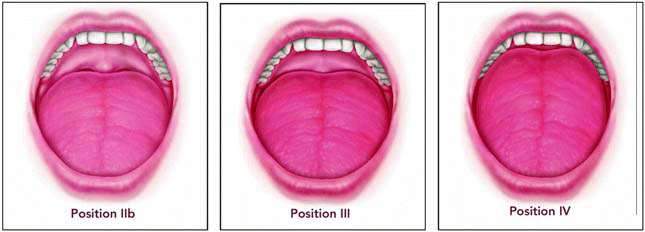If an otolaryngologist doesn’t feel comfortable dealing with the dental issues, then working closely with the dentist is important. Equally important is the fact that the otolaryngologist can provide a great resource to the dentist who really isn’t familiar with dealing with the medical issues. A team approach is the best, he said.
Explore This Issue
January 2008In his own practice, Dr. Woodson helps patients insert and adjust the device so that it successfully opens up the airway.
Aside from learning about dental appliances, otolaryngologists need to have a number of techniques up their sleeve to help address what is a multifaceted problem. The whole airway needs to be treated, Dr. Woodson said. When it comes to the lower pharyngeal airway, otolaryngologists need to be familiar with a variety of surgical techniques, including hyoid suspension, skeletal osteotomies, tongue volume reduction procedures, tongue-base suspension procedures, lingual tonsillectomy, and more.
Keeping up to date is important too. There are constant advances in the field, with techniques and technologies being developed that will help treating these patients in ways that are less invasive and with greater success, he said.
©2008 The Triological Society

Leave a Reply